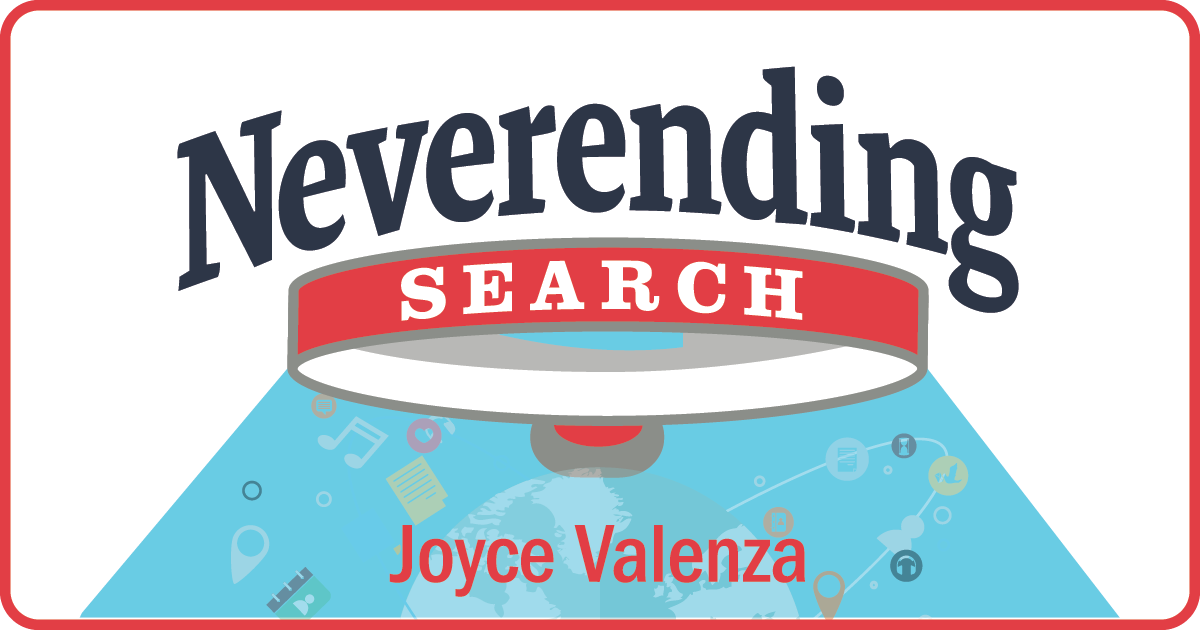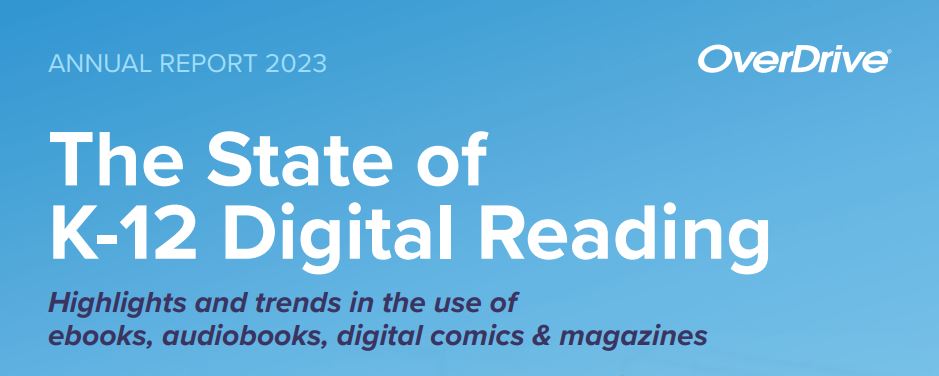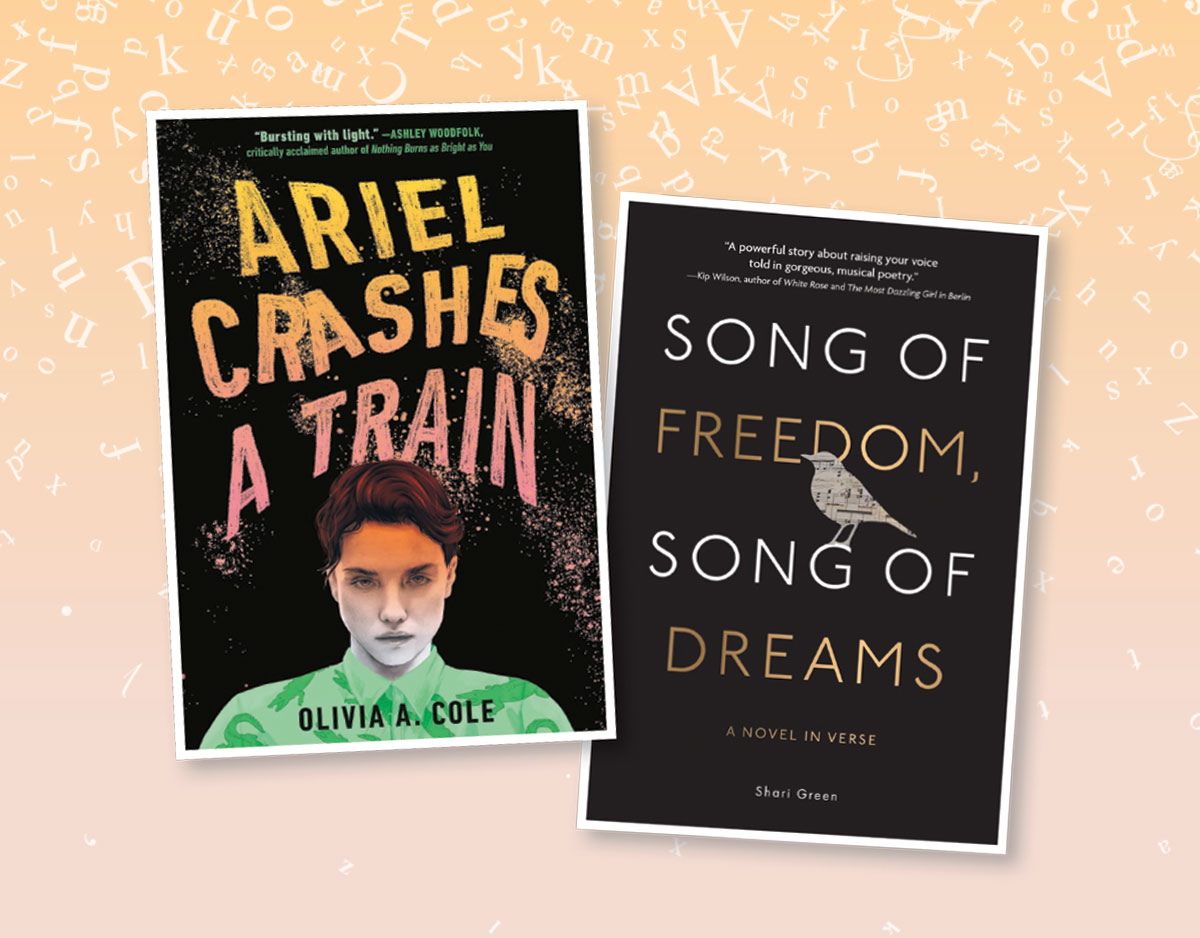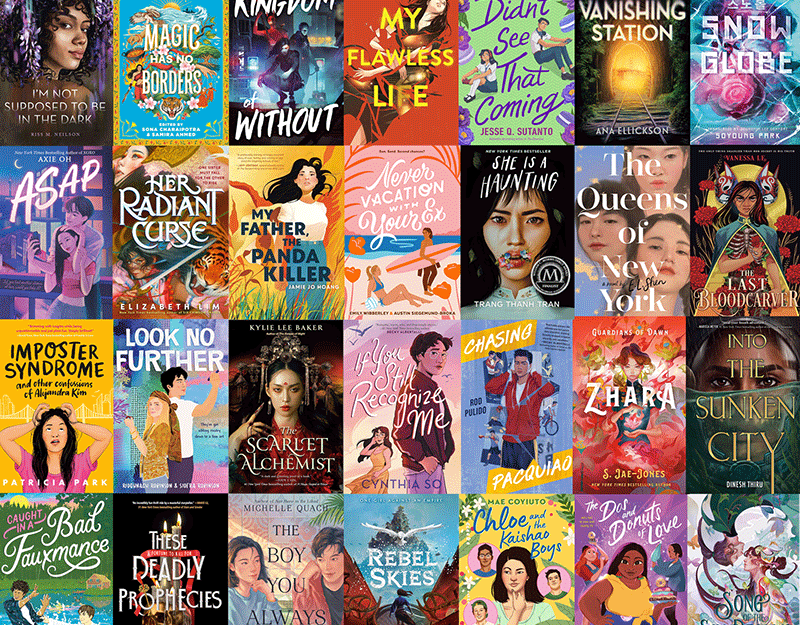SCROLL DOWN TO READ THE POST
CCSS and us
The Common Core State Standards provide a consistent, clear understanding of what students are expected to learn, so teachers and parents know what they need to do to help them. The standards are designed to be robust and relevant to the real world, reflecting the knowledge and skills that our young people need for success in college and careers. With American students fully prepared for the future, our communities will be best positioned to compete successfully in the global economy. (Common Core State Standards Mission Statement)
At the ASCD Conference in Philadelphia last month, I had the opportunity to interview John Kendall, author of Understanding Common Core State Standards (ASCD, 2011). John is Senior Director in Research at Mid-continent Research for Education and Learning (McREL) in Denver.
I asked where libraries fit in the CCSS implementation picture. It was clear that John had not been asked that question before. Our conversation did reveal some of our challenges are likely to face librarians as our states move forward implementing the CCSS. (What follows is a rough transcription of John’s remarks.)
ADVERTISEMENT
ADVERTISEMENT
John addressed how schools are planning to accommodate these changes:
States are faced with a significant shift of landscape and they will take different approaches. Some just want a complete reboot of the system reboot, some will want to make smooth transition from current state standards, still others are waiting for the assessment. They don’t want to get too far ahead of the Common Core; they don’t want to be off track. In the latter, this concern about what’s going to be on the test turns the whole question back into one of accountability and away from the spirit of the standards which should be about articulating standards that worthwhile in helping students become truly literate.
What would be the best outcome of implementation for learners?
As the authors themselves espouse, in the system, the students when they graduate high school, will be fully ready to pursue college or high skills workplace without mediation They’ll be reading at appropriate level and they’ll be able to accommodate more complex tasks. They’ll be critical thinkers. They’ll have a deeper background in mathematics, as well as in . . .
Would it be valuable if librarians helped to infuse authentic nonfiction reading into curriculum?
Certainly that is a strong theme of standards, development of reading skills. The Appendix to the CCSS has a comparison of lexile levels which is a measure of one aspect of reading difficulty length of words and length of sentences
Working back from college texts, they’ve determined lexile levels states are using thus far are really not complex enough if students are going to enter college being able to read at that developmental level. This impacts significantly on the choice of books that are available to students and also the information teachers have about the text complexity of the books they select. Also ensuring that teachers have appropriate nonfiction text as well as fiction text.
There’s far too much in the way of narrative and fiction in terms of types of work students do. Because of the writing work that’s expected of them, they need to be familiar with more complex text and exposition instead of narrative writing as writers.
Are you familiar with expectations for student research?
Generally state standards prior to this concentrated on research at the high school level. The Common Core State Standards expect, that in grades 3 through 8, there’s a continuing emphasis on relying on text evidence, on actually working from the text to make points. It also goes back to increased emphasis on argumentation versus persuasion, which requires students to provide textual evidence. They [students] have to be very comfortable with sources in order to make the case. Prior to this [the effort] has been based more on storytelling or narrative, so students were not required to return continually to the text for their evidence or to support their reasoning.
Though John didn’t directly respond to my questions about the role of librarians in the shift, he highlighted themes we need to consider.
The Common Core focuses heavily on reading and on many of the skills we value and actively teach across media platforms: information literacy, working with primary sources, developing independent thinking, analyzing complex texts, communicating effectively.
The key points for English Language Arts cry out for library partnership, for the librarian to be embedded in school and district scope and sequence documents and plans, and it is likely that the content area standards to come will do the same.
For instance,
in Reading:
- Through reading a diverse array of classic and contemporary literature as well as challenging informational texts in a range of subjects, students are expected to build knowledge, gain insights, explore possibilities, and broaden their perspective. Because the standards are building blocks for successful classrooms, but recognize that teachers, school districts and states need to decide on appropriate curriculum, they intentionally do not offer a reading list. Instead, they offer numerous sample texts to help teachers prepare for the school year and allow parents and students to know what to expect at the beginning of the year.
- The standards mandate certain critical types of content for all students, including classic myths and stories from around the world, foundational U.S. documents, seminal works of American literature, and the writings of Shakespeare. The standards appropriately defer the many remaining decisions about what and how to teach to states, districts, and schools.
in Writing:
- The ability to write logical arguments based on substantive claims, sound reasoning, and relevant evidence is a cornerstone of the writing standards, with opinion writing—a basic form of argument—extending down into the earliest grades.
- Research—both short, focused projects (such as those commonly required in the workplace) and longer term in depth research —is emphasized throughout the standards but most prominently in the writing strand since a written analysis and presentation of findings is so often critical.
in Speaking and Listening
- The standards require that students gain, evaluate, and present increasingly complex information, ideas, and evidence through listening and speaking as well as through media.
in Language
- The standards help prepare students for real life experience at college and in 21st century careers. The standards recognize that students must be able to use formal English in their writing and speaking but that they must also be able to make informed, skillful choices among the many ways to express themselves through language.
in Media and Technology
- Just as media and technology are integrated in school and life in the twenty-first century, skills related to media use (both critical analysis and production of media) are integrated throughout the standards.
The ASCD authors might not yet know this, but this whole movement points to librarians as learning partners.
AASL makes connections between our teaching and the CCSS with its Crosswalk of the Common Core and the Standards for the 21st Century Learner and its vetted Lesson Plan Database, which is aligned with both set of standards.
Teachers will need quality nonfiction for content area reading to ensure that learners build prior knowledge as they ready for college and career. This is an opportunity for us to share our knowledge of the best complex texts for grade levels and disciplines and to coordinate efforts across departments.
With student writing moving away from personal narrative and opinion and toward argument based on evidence found in text, our roles in teaching research and communication strategies become even more critical. This is an opportunity to focus on process and, whenever possible, to create communication products for real audiences and purposes.
In fact, this summer I am working with our ELA Chair to present an academy
designed to launch a school-wide initiative to improve academic writing across the curriculum. Participants will discuss current issues and effective instructional and assessment strategies. The goal is to share and develop resources for improving writing for all students and to create a set of shared instructional and assessment values across all departments. Facilitators will also address how writing instruction can be addressed within the different content areas. Common Core State Standards for writing will inform the workshop.
And as for reading, it’s hard to argue with an increased focus on a diverse array of classic and contemporary literature and challenging informational texts.
I am not an expert, but here’s what I am wondering about:
As I searched for additional resources to include in this post, I came across multiple vendors gearing up to monetize the shift to the Common Core. It looks like it’s going to be an industry.
Although the potential exists for authentic and creative performance assessments, I worry about moving from one wave of high-stakes testing to another.
ADVERTISEMENT
ADVERTISEMENT
Author and teacher Susan O’Hanian and Stephen Krashen (ardent advocate for free voluntary reading) have been vocal about their concerns about: the politics and commerce behind CCSS adoption; the new wave of high-stakes testing it will likely engender; and about NCTE’s rejection of the proposed Resolutions against educational reform policies that mandate standards, curriculum, and means of student assessments that adversely affect social and educational equity.
And as the ELA curriculum continues to focus on reading as a vehicle for deep learning, I also want to ensure that, outside the classroom, my colleagues and I continue to push reading as a vehicle for enjoyment, as well–for free voluntary reading.
I worry that a heavy emphasis on argument for college and career readiness may (in practice) push narrative, creative, and persuasive writing out of the classroom. Will this emphasis narrow the focus of writing programs? I am all about the value of teaching the logical argument, in being able to formally present a consistent thesis supported by evidence for college and career and life in general. It is critical that students learn to convince the audience because of the perceived merit and reasonableness of the claims and proofs offered (Appendix A, ELA, CCSS 23-24). But, I also believe that multiple writing forms writing may play roles in our students’ careers.
The Standards are a reality in most states. As a profession, we must be active in the discussion as our districts make their local plans for instruction, assessment, and professional development. Librarians can play key roles. In order to make positive impact as the standards are locally interpreted, we need to learn the language of CCSS and understand our own state’s implementation plan.
Just a small selection of the growing number of resources:
Common Core State Standards Initiative
AASL Crosswalk of the Common Core Standards and the Standards for the 21st-Century Learner
- Reading Standards for Literacy in History/Social Studies
- English Language Arts
- Writing Standards for Literacy in History/Social Studies, Science, & Technical Subjects
- Reading Standards for Literacy in Science and Technical Subjects
- Lessons submitted as part of the Standards for the 21st-Century Learner Lesson Plan Database contain an automatic crosswalk between AASL learning standards and the Common Core State Standards.
School Librarians and the Common Core Standards: Resources (LiveBinder by Carolyn Jo Starkey)
Common Core Introduction (LiveBinder by Mike Fisher)
OER Recommended Resources for the Common Core
Cybraryman (Jerry Blumenthal) on the Common Core
Adolescent Literacy in Perspective: Digging Deeped into the Common Core: Text Complexity (PDF)
Kappan: Teaching to the Common Core by Design, Not Accident
Bringing the Common Core to Life–David Coleman (NYSED webinar)
Librarians Readying for Common Core (District Administrator, Marion Herbert)
Common Core Standards (app)
Common Core Look-fors Video Tutorials
Common Core 360 (School Improvement Network)
Common Core and School Librarians: An Interview with Joyce Karon (School Library Monthly, Pamela K. Kramer)
Truant from School: History, Science and Art (video panel discussing how CCSS might address the issue of narrowed curriculum)
Marc Aronson’s Nonfiction Matters blog regularly explores the shifts from the perspective of an author of nonfiction
Open Educational Resources for the Common Core
Common Core Paper.li (Carolyn Jo Starkey)
Susan O’Hanian’s Common Core State [sic] Standards
Twitter hashtags: #ccchat, #ccss
Filed under: Common Core, standards
About Joyce Valenza
Joyce is an Assistant Professor of Teaching at Rutgers University School of Information and Communication, a technology writer, speaker, blogger and learner. Follow her on Twitter: @joycevalenza
ADVERTISEMENT
SLJ Blog Network
2024 Books from Pura Belpré Winners
In Memorium: The Great Étienne Delessert Passes Away
Winnie-The-Pooh | Review
Finding My Own Team Canteen, a cover reveal and guest post by Amalie Jahn
The Classroom Bookshelf is Moving
ADVERTISEMENT
ADVERTISEMENT







